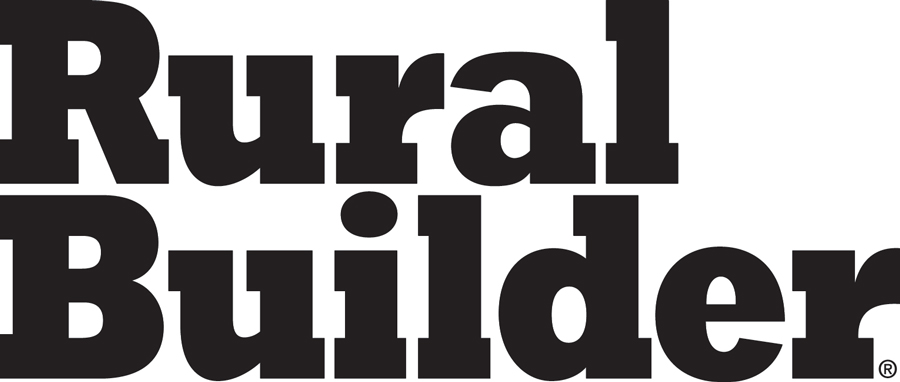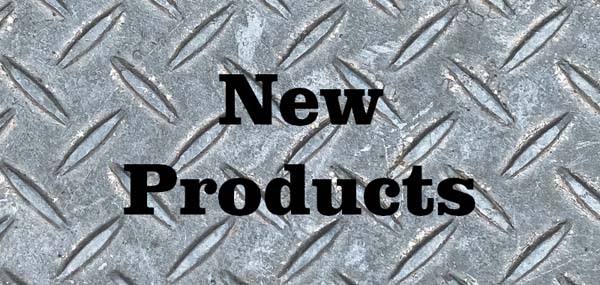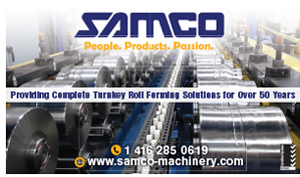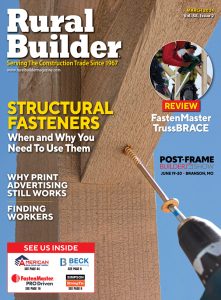WHEN THE COMPANY YOU COUNT on for your business needs is undergoing a change, the first thing you want to know is how it will affect your business. Of course, the answer to that can vary with the company, but maybe a couple of companies who have undergone a merge can shed some light on the situation.
According to Todd Miller, President of Isaiah Industries, a roofing manufacturer based in Ohio which has acquired various product lines and companies through the years, often what customers are really worried about is the name of the product they count on. The marketing of some brands has been extensive and the contractor knows that customers know and like the brand, therefore they are concerned about losing that name. The customer may be less likely to hire the contractor if he is using a lesser known brand. The other item builders are concerned about is that the warranty will not match the warranty they have been guaranteeing customers.
Miller says that neither of these items have really been an issue after they have acquired a product line. When they had taken over a product line that was very popular in the marketplace, they manufactured it under the other label for three years. This was a neat solution as the product was made the same way it had been all along and it gave salespeople time to transition people to a new name. As for warranties, Miller says that the companies and products they have acquired have been from the same niche industry, so warranties and service tend to be similar anyway.
Miller maintains that in an acquisition situation, the company acquiring must always aim to give as good or better to customers as the previous company, whether you are talking about warranties, products, service, or anything else.
Of timelines, Miller says, “By intent you try to do better than the customer is accustomed to, but with today’s timeline challenges, you do the best you can.”
John Dumke of Roll Former Corp. was on the opposite side of a merger. His company was acquired by Tennsmith, but he agrees with Miller that in that situation the acquiring company did what they could to please their newly acquired customers.
Tennsmith didn’t make a lot of big changes, according to Dumke. “But they have deeper pockets,” he says, “they’ve reinvested in the company with updated equipment like a CNC lathe and other production equipment. The website has been updated and we have new YouTube videos, all things which as a small company we didn’t have the resources to do. It’s been very exciting and helpful to our customers.”
The other upside according to Dumke is that Tennsmith and Roll Former Corporation make complementary products. Tennsmith makes automated folders and shears for metal while Roll Former makes, of course, roll formers. The companies have so much history, experience, and knowledge combined and all of their customers reap the benefits of that.
Both Dumke and Miller believe that quick and thorough communication was important in smooth transitioning. Both companies got their messaging out to their customers quickly.

“The initial communication told customers what was happening, who they should talk to about any concerns, how they should place orders, and where and how they should make payments. All of this information was clear and immediate,” Miller said.
Miller admits that there is always room for improvement. During an acquisition, they were so busy trying to work out the deal, that they got a lot of new people in and realized they weren’t adequately prepared to onboard all of them.
“But you get on it and work it out,” he said. They did not lose one customer due to the merger because they were adamant that would not happen.
What About My Contract?
If you have a contract with a company, and that company is purchased by another, the first thing you should do is take a look at your contract. Does it specify what will happen if the company changes hands?
The company sales documents may specify what happens to the contract; it may be assigned to the new owner or retained by the original company if part of it is intact. The other possibility is that your company’s contract may be subject to novation. In this situation, your company and the original company indicated in the contract can agree to assign the new company as a substitute in the contract.
An obvious side effect of merger and acquisition situations could be that, unless it is in a binding contract, pricing can go up at any time. However, the usual goal is to combine and streamline processes and spread fixed costs over greater production thereby saving the company money, so it is often the case that pricing does not rise.
Warranties are contracts that may or may not be acquired by the new company. If a company’s assets only are acquired, then the warranty obligations remain with the selling company. If it is a stock buyout, then the new company acquires everything, including warranty obligations.
In many cases, where a company is acquiring a business-to-business product line, they will take on the warranty. As Miller says, they likely want to maintain good will with new customers so that they remain customers.
Your best approach is to talk to the acquiring company and find out what their plans are in regards to existing contracts.
“If you are experiencing difficulties during a supplier merger, Miller suggests, “take it to the top. If there are no listening ears at the top, then that tells you something about the company.” RB




















